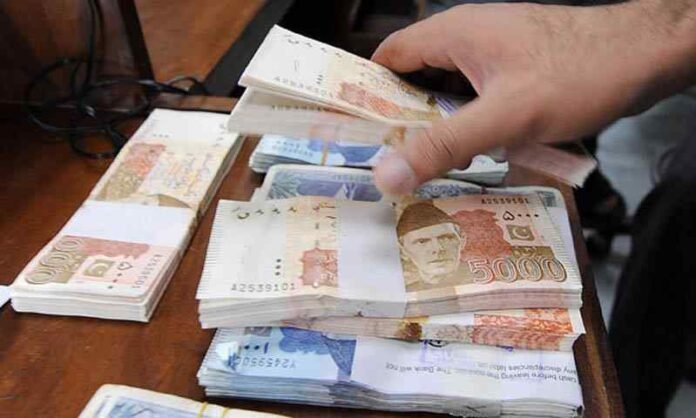Pakistan’s government raised Rs527 billion through Treasury bills on Wednesday, beating both its auction target and the maturing amount, as banks and corporates showed strong appetite for government debt.
No Signal of Rate Cuts
Despite the heavy demand, authorities chose not to lower cut-off yields, suggesting that the market should not expect an interest rate cut in the near term. Investor behavior reinforced this outlook, with banks locking more funds into longer-duration 12-month bills rather than short-term paper.
Breakdown of the Auction
- 12-month bills: Rs275.7 billion raised against bids of Rs556.5 billion
- 1-month bills: Rs73 billion mobilized
- 3-month bills: Rs41.3 billion accepted
- 6-month bills: Rs23 billion raised
In total, bids worth Rs1.385 trillion were submitted, far exceeding the auction target of Rs450 billion. The government ultimately borrowed Rs527 billion, comfortably higher than the Rs445 billion that matured this week.
Fiscal Pressure Looms
The auction underlines Islamabad’s growing dependence on bank borrowing as it struggles to balance the budget. For FY25, nearly Rs9 trillion is earmarked solely for interest payments—a figure that dwarfs development allocations. Economists warn that this heavy reliance on debt servicing will continue squeezing resources for public projects and infrastructure.
Revenue Gains, But Not Enough
Tax collection has improved, but authorities still argue that compliance remains low. With indirect taxes already burdening most goods and services, analysts expect the state to return repeatedly to commercial banks for financing this year. The risk, they say, is that borrowing to plug fiscal gaps will leave little room for investment in long-term growth initiatives.


